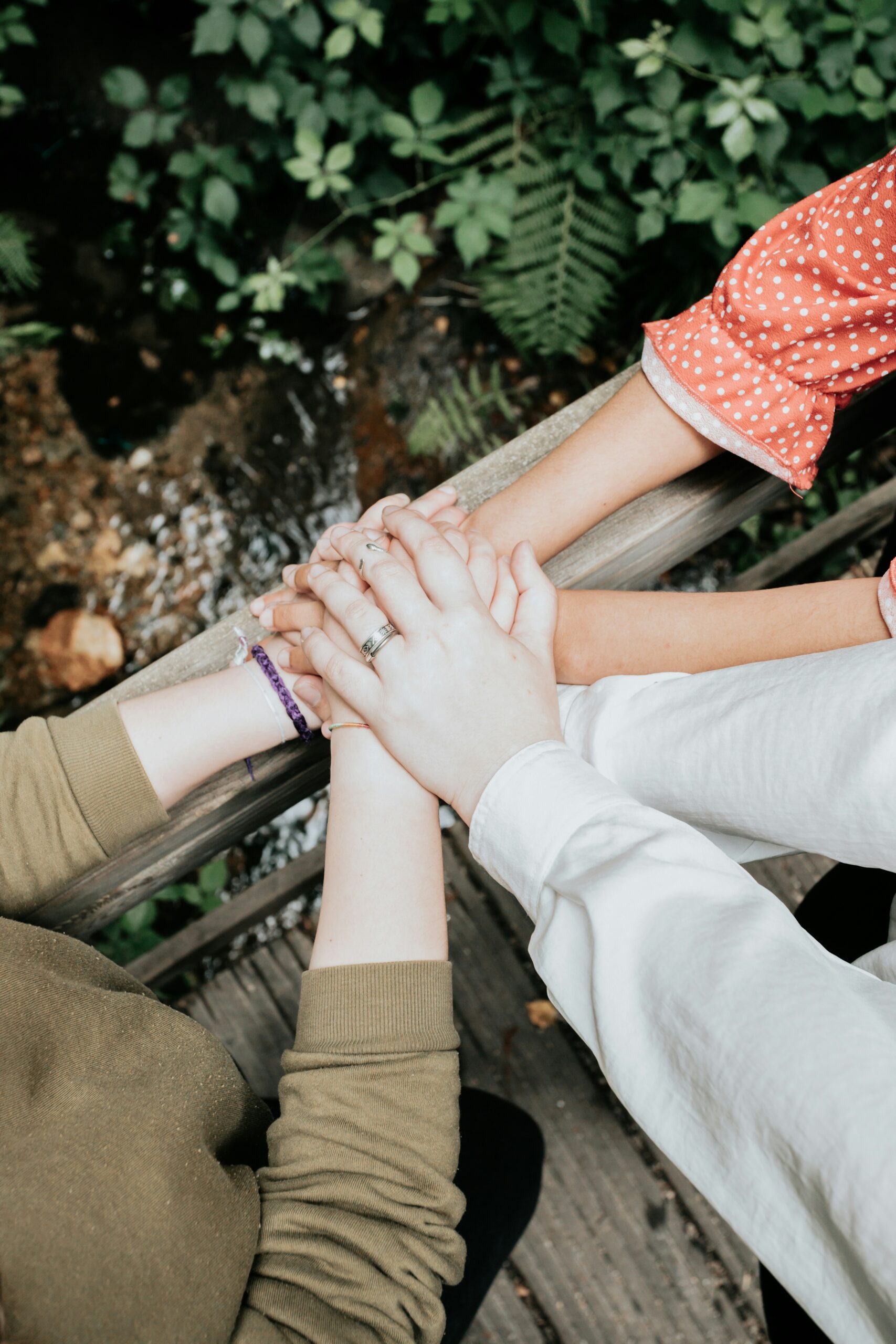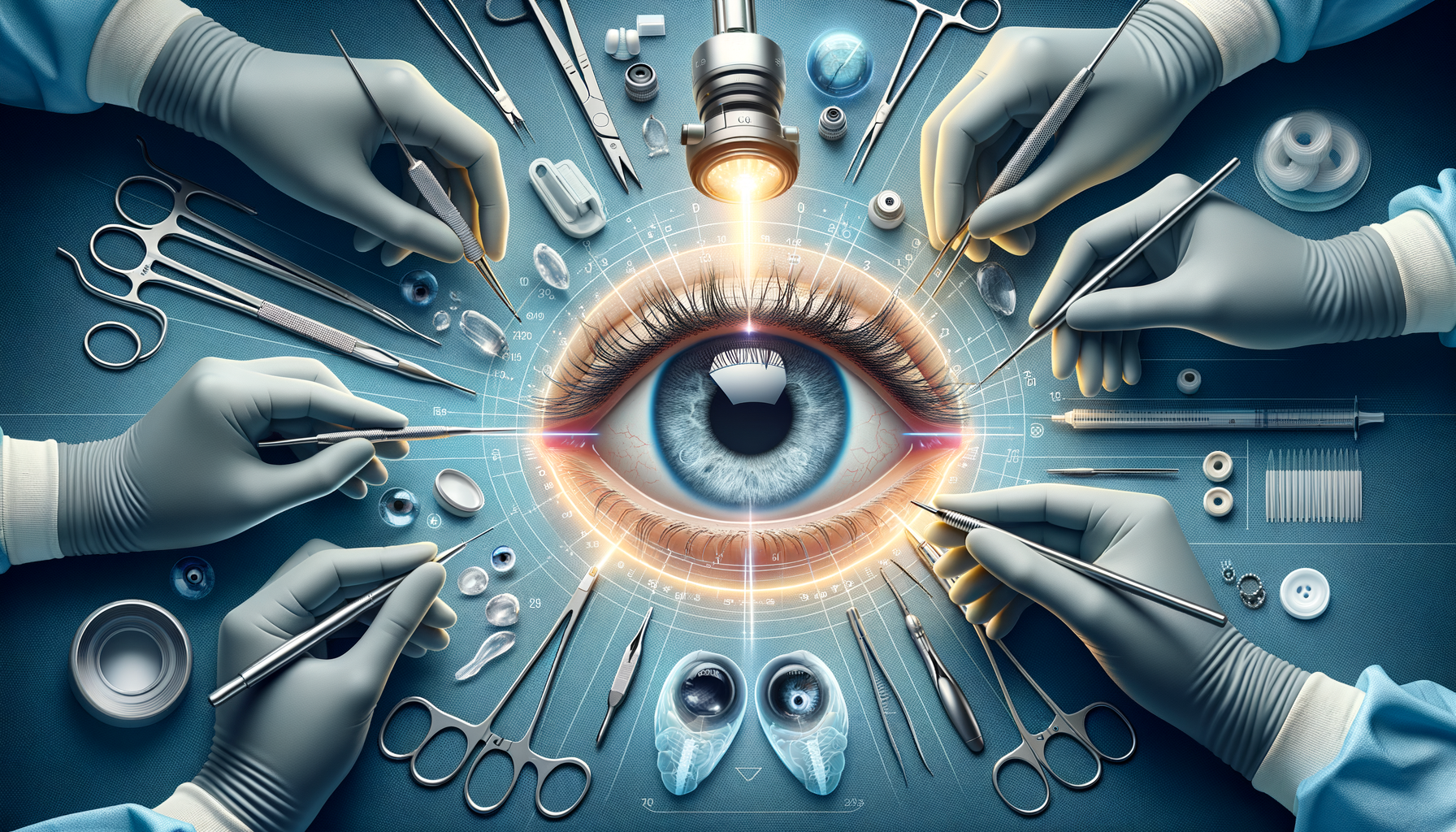The Science Behind Social Connections and Mental Health
Relationships play a pivotal role in shaping who we are and how we feel. According to psychologist and renowned researcher Susan Pinker, human beings thrive on face-to-face interactions. It triggers the release of neurotransmitters like oxytocin, which reduces stress and makes us feel more connected to others.
But it’s not just anecdotal. There are robust studies and statistics to back this up.
Key Statistics on Social Connections and Mental Health
- Lower depression rates: A study published in The American Journal of Psychiatry found that people with strong social relationships are 50% less likely to experience depressive symptoms.
- Improved resilience: People with a supportive social network are better equipped to cope with stress and adversity, as they have others to lean on when life gets tough.
- Better physical health: According to a meta-analysis by Holt-Lunstad et al. (2015), people with strong ties live 50% longer compared to those with weak or no social connections.
It’s clear that building and maintaining meaningful relationships isn’t just about emotional warmth—it’s essential for both mental and physical health.
Why Are Social Connections Crucial for Mental Health?
Here’s a closer look at why connection matters, particularly for mental health advocates and socially conscious individuals who value emotional well-being.
1. Emotional Support
When life throws challenges your way, having someone to talk to, confide in, or simply sit with makes a world of difference. Strong relationships contribute to a sense of belonging, reducing feelings of loneliness and isolation.
2. A Buffer Against Stress
Social connections act like a buffer against the daily stressors of life. Being part of a supportive group gives you strength in numbers, fostering shared joy during celebrations and shared solace in tough times.
3. Creates a Positive Feedback Loop
The act of giving and receiving support within relationships elevates mood and serotonin levels. Scientifically, this contributes to a more positive outlook on life, helping to combat anxiety and depression.
4. Encouragement for Positive Habits
Friends, family, or support groups can nudge you toward healthier behaviors, like exercising regularly, seeking therapy when needed, or simply being more engaged in self-care.
Quick Comparison Table: With and Without Social Connections
| Aspect | With Strong Social Connections | With Weak/No Connections |
|---|---|---|
| Emotional Well-being | Higher happiness, lower depression | Increased feelings of loneliness |
| Stress Management | Strong coping mechanisms | Increased susceptibility to stress |
| Physical Health | Longer life expectancy | Increased risk of chronic illness |
| Mental Resilience | Better ability to handle challenges | Greater risk of burnout |
How to Build and Maintain Meaningful Social Connections
1. Prioritize Face-to-Face Interactions
While digital connections are convenient, nothing compares to in-person interactions. Whether it’s grabbing coffee with a friend or joining a local volunteer group, prioritize human contact whenever possible.
Pro Tip: Set a goal to meet someone face-to-face at least once a week to strengthen your relationships.
2. Join Communities with Shared Interests
Whether it’s a hobby, professional interest, or fitness goal, joining groups centered around your passions can foster lasting friendships.
3. Be a Good Listener
Building meaningful bonds is a two-way process. Show genuine interest in what others have to say, and offer open-hearted support to create reciprocal and authentic relationships.
4. Leverage Technology Thoughtfully
When physical meet-ups aren’t possible, technology can bridge the gap. Use Zoom calls, social media, or messaging apps to stay connected even across distances.
Pro Tip: Use video calls instead of texts for a more personal and engaging interaction.
5. Limit Toxic Influences
Not all social connections are good for you. Make sure to invest time in relationships that uplift you instead of draining your energy or causing negativity.
6. Practice Gratitude and Show Appreciation
It’s the little things, like sending a thank-you note or remembering special days, that show your loved ones you care.
FAQ Section
How do social connections help manage anxiety?
Having a supportive network helps reduce overthinking and calms the mind during periods of anxiety. Being understood and heard can provide a much-needed anchor for mental clarity.
What if I’m an introvert? Can I still benefit from social connections?
Absolutely! Introverts may prefer fewer, deeper connections rather than large groups, but these connections can be just as powerful and impactful.
Can online relationships provide the same benefit as in-person ones?
While digital relationships can be meaningful, face-to-face interactions provide more mental health benefits due to stronger nonverbal communication and emotional expression.
Final Thoughts—It’s Time to Strengthen Your Connections
Staying connected isn’t just a luxury; it’s a necessity for mental health and well-being. Whether it’s catching up with a friend, joining a local club, or picking up the phone to call a family member—it all counts.
Strong relationships don’t just help you feel good—they give you the resilience to thrive in life’s toughest moments. Start today by reaching out to someone you care about, or explore new ways to expand your community.
Remember, when it comes to mental health, no one has to go through it alone.


Leave a Reply